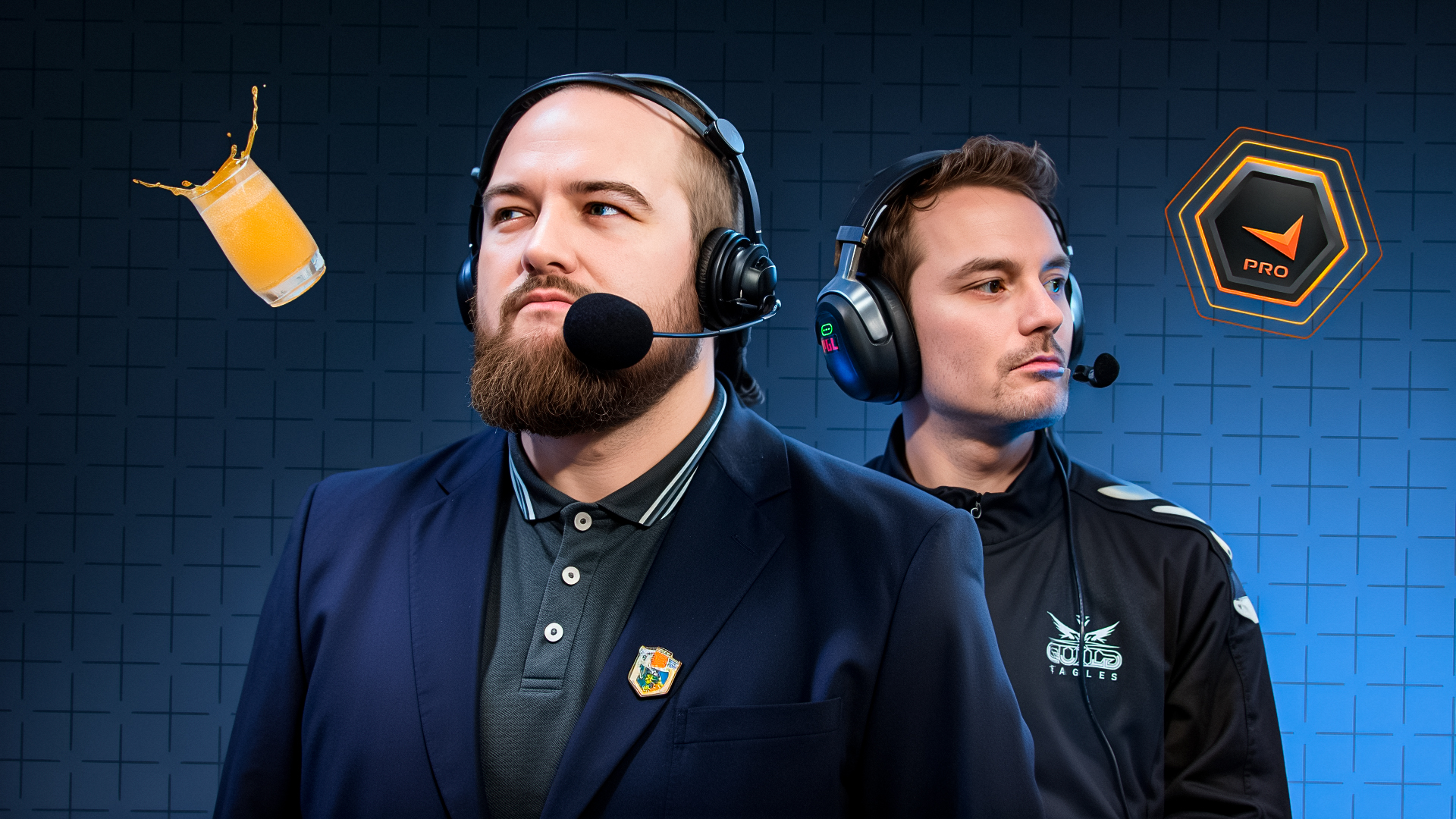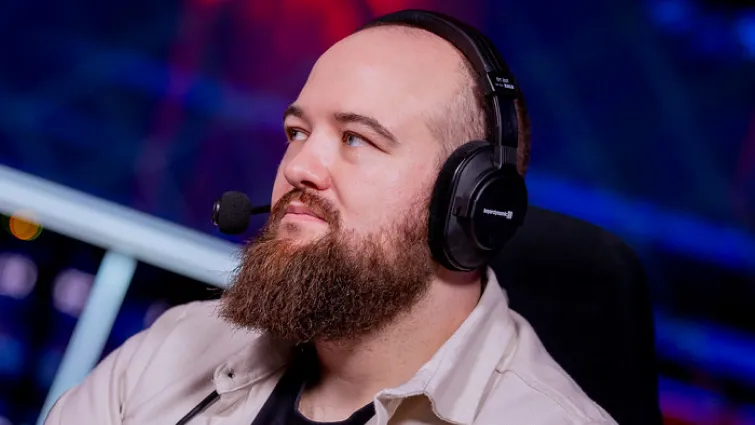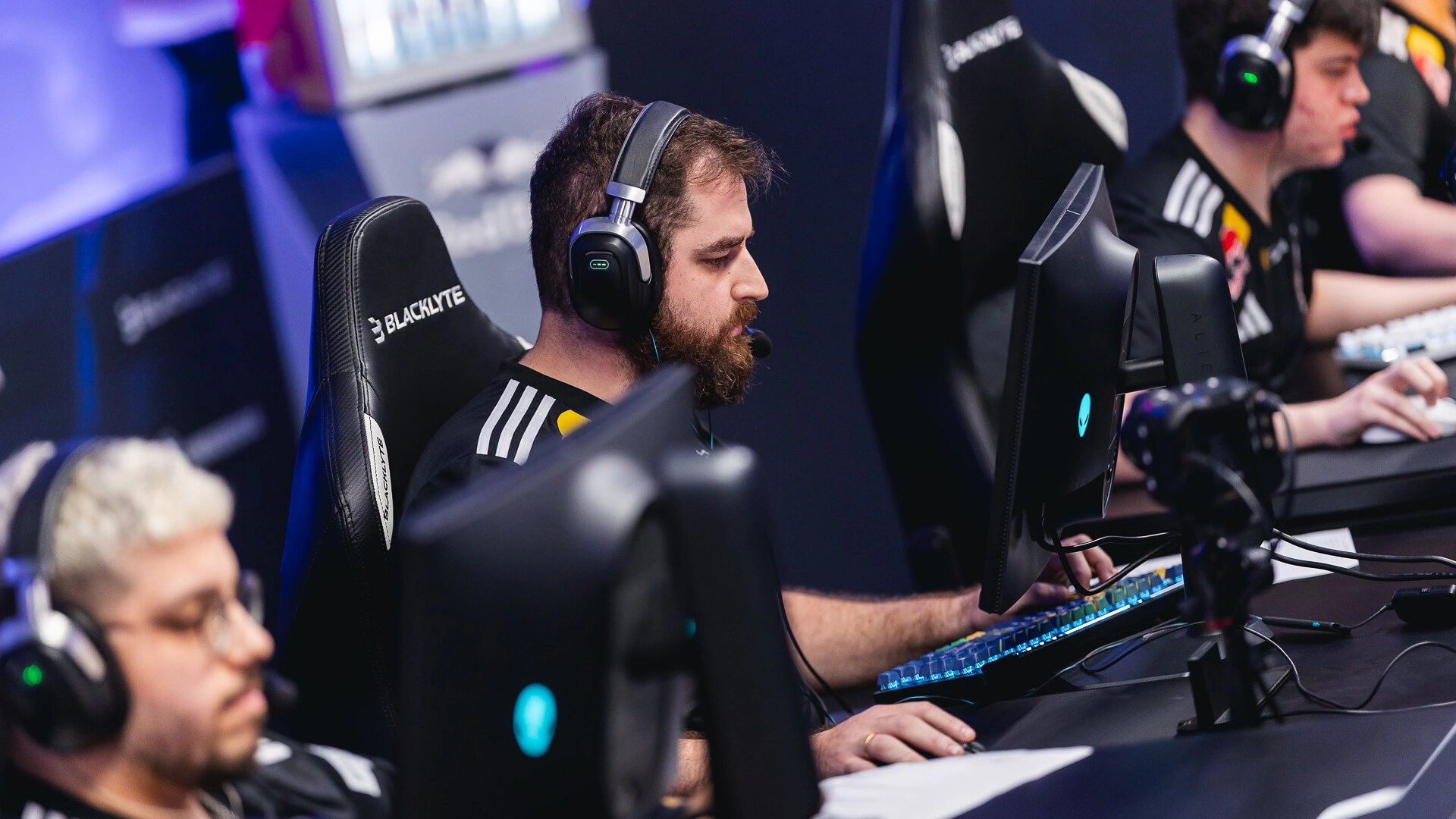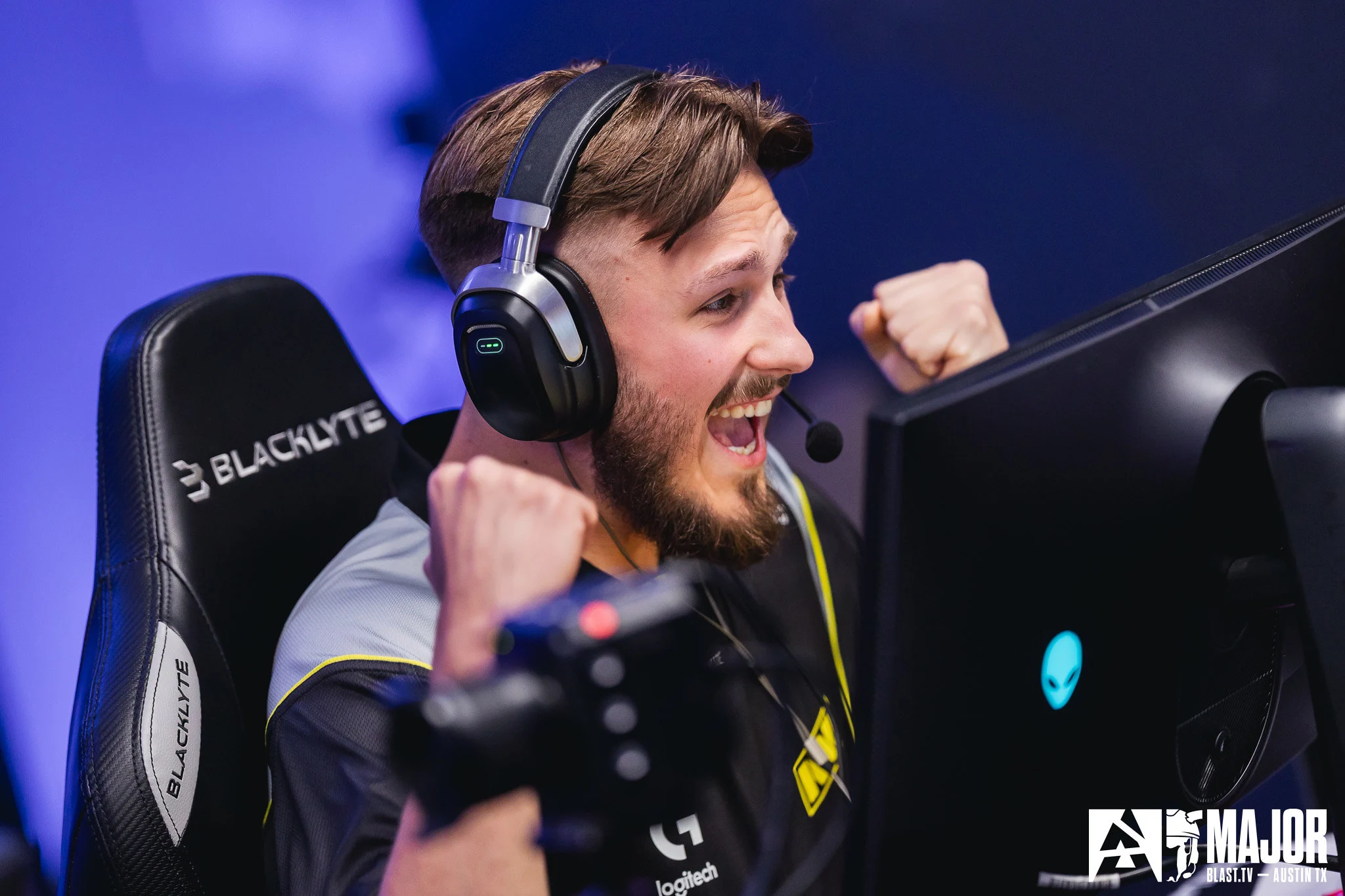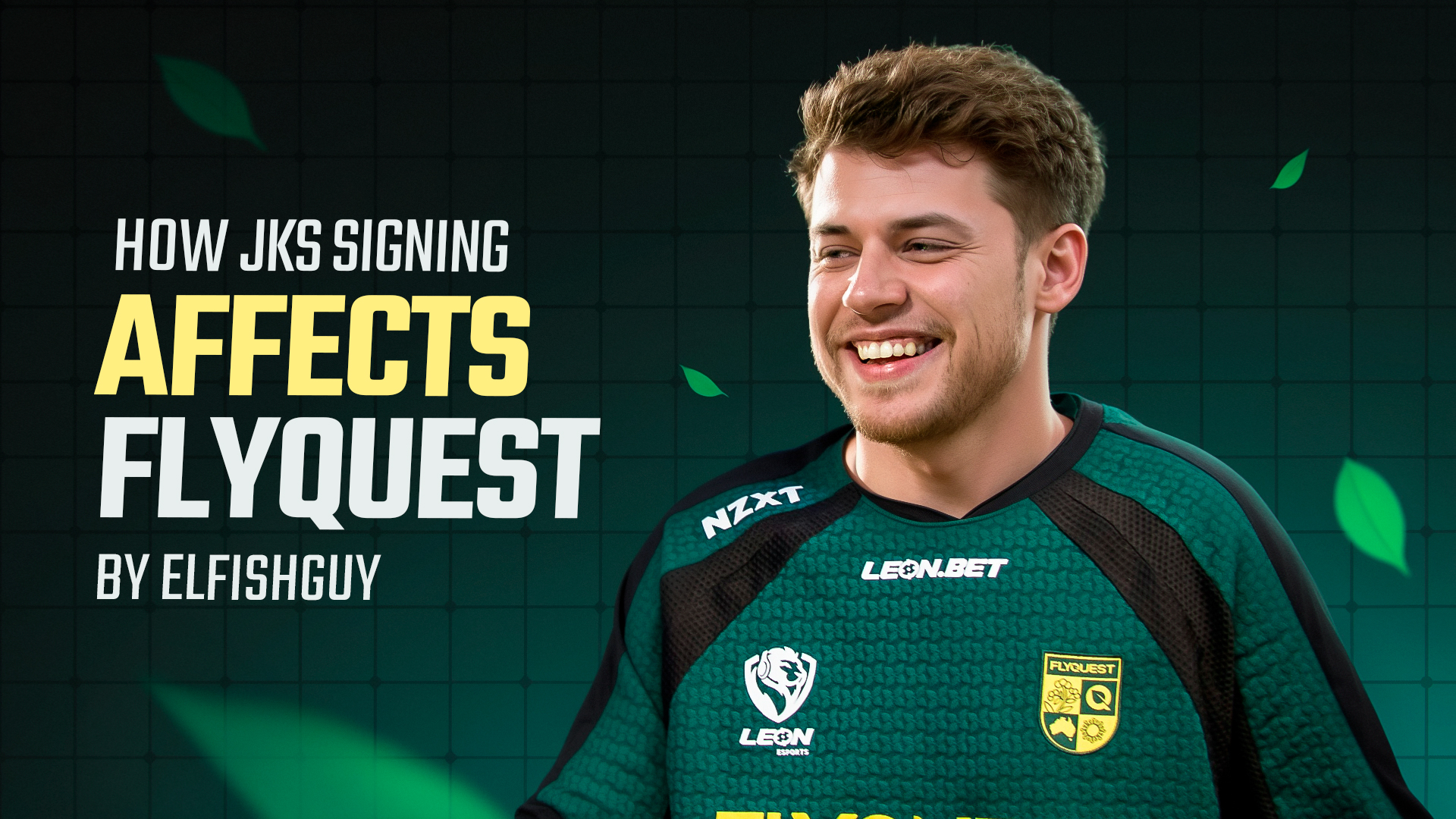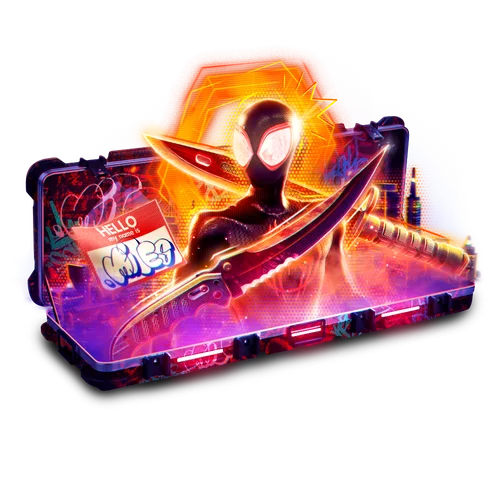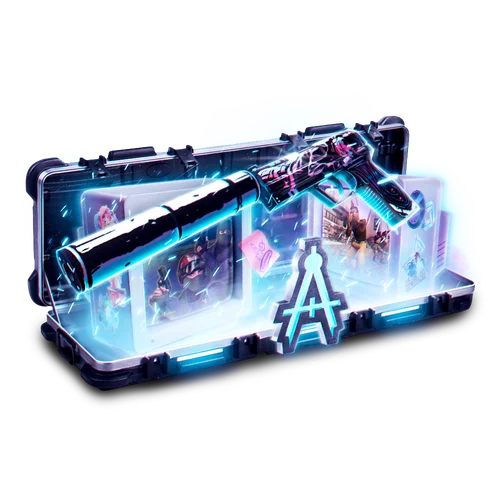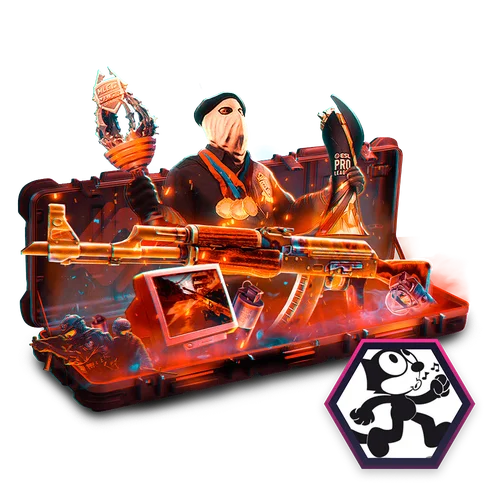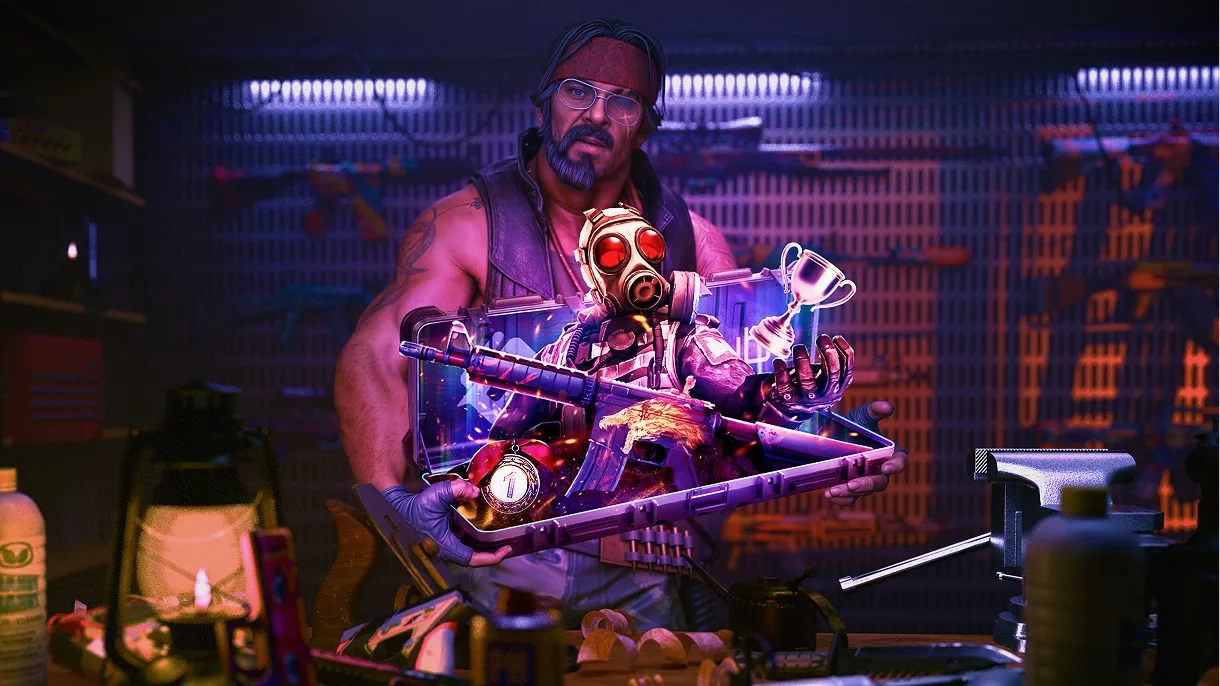I try to be a reasonable person—most of the time, anyway. Back in 2023, at the Paris Major RMR, I found myself in a hotel-lobby bar in Copenhagen, catching up with old friends and colleagues over a few drinks. Actually, that’s a lie: I don’t drink beer; I drink cider now, and I do it proudly.
The evening turned into a session of trading war stories. That time the broadcast lasted 18 hours and every food-delivery service was closed. That time someone showed up hung-over after two hours of sleep and still did great work. Nothing suggested the night would become anything more than cider and stories with old friends.
Enter DevilWalk
That’s when I saw him. He strolled across the floor—cool, slow, a bit shaggy—yet instantly recognizable. I hadn’t seen him for years; nobody had even spoken his name for a long while. But here he was in the Copenhagen Plaza lobby, heading toward our group.
We had first met in Beijing at the—somewhat inappropriately named—MSI Beat It 2013 tournament, where he finished second to VeryGames. Our first real conversation was while boarding a bus to DreamHack Jönköping 2013. He introduced himself, and I remember thinking he was down-to-earth—the sort of guy you’d enjoy hanging out with and talking Counter-Strike.
Now he was back: older, more reflective, still unmistakably DevilWalk—fortunately wearing pants this time. Beer in hand, he joined our chaotic conversation about how to find good players.

“Learn—Unlearn—Relearn”
Amid the noise, DevilWalk cut through:
Listen, Anders, listen! I think what you need is to find people who are really good in FPL. Then you take them and you unlearn the FPL, and teach them real Counter-Strike. Then you unlearn the real Counter-Strike and teach them FPL again.
A moment of real madness, I thought at first. Yet the words hung in my mind, lingering as if I had just been exposed to some deeper truth I couldn’t decode. Like walking home late at night and seeing graffiti that reads, “Wherever you go, there you are.” Quite right.
Learn… unlearn… learn… unlearn, then relearn.
Obviously, the important thing here wasn’t really about playing FPL or not; FPL was just a way to label a kind of mentality you can have while playing Counter-Strike. Unfocused and untrained, that kind of Counter-Strike is brittle and breaks easily—but if brought out at the right moment, it can be very hard to stop.
I have thought about this concept a lot since my chance encounter with DevilWalk. Philosophy struck past midnight, but life is like that sometimes.
The more I thought about it, the more genius the whole concept appeared to me. I realised that you can’t easily rewrite the idea without messing it up. I tried to find a shorter, less awkward phrasing:
at first you play unstructured, then you learn structure, and finally you return to the chaos you began with
but the problem was always the same. It’s not just a question of structure; it is a mixture of looseness, mentality, and a certain boldness that is sometimes better captured by “FPL” than anything else.
Looking at Majors Through the Lens
I gave up trying to rephrase the idea and simply accepted it. Instead, I started looking at Majors in a different light. If the Lundbergian school of philosophy held any truth, we should be able to understand parts of the game better through its lens—so that is what I did.
2025: The BLAST Major in Austin

Now, here in 2025, we are at the dawn of another BLAST Major playoffs, this time in Austin. This Major has already produced an incredible number of interesting results. We have underdog teams celebrating and a few playoff favourites disappointing. Both, I think, can be understood in large part by reflecting on what Jonathan said.
The result a team like Nemiga, Lynn Vision, Legacy, or MIBR managed at this Major highlights the importance of finding a way to play Counter-Strike that is actually fun. It would be ridiculous to suggest these teams don’t understand the fundamentals of Counter-Strike or that they lack structure entirely, yet they also appear able to throw that structure away at key moments.
If you watch games from the opening stage, with Lynn Vision on the CT side, you will see far more movement than we would typically be comfortable with. It might be tempting to criticise the Chinese team for that—and in certain moments, perhaps it’s warranted—but that same energy also made them incredibly hard to read on their T sides and gave them openings nobody expected. More than that, they ended up really enjoying the game of Counter-Strike.
Falcons and the Joy Factor
But what if we contrast this with the more disappointing teams like Falcons? Would anyone argue that the Falcons’ crash-out was due to a lack of Counter-Strike fundamentals? Do they not understand the basic structure of playing a CT or T side? I strongly doubt anyone could make that criticism stick. On the other hand, when was the last time you saw a Falcons squad that looked like it was having a good time?
Obviously, in the Falcons’ case there is a lot more going on because of built-in expectations for both the team as a whole and the individual players. Yet it feels as though relearning—or re-incorporating—whatever mentality we mean when we say “FPL” would give the team a huge boost.
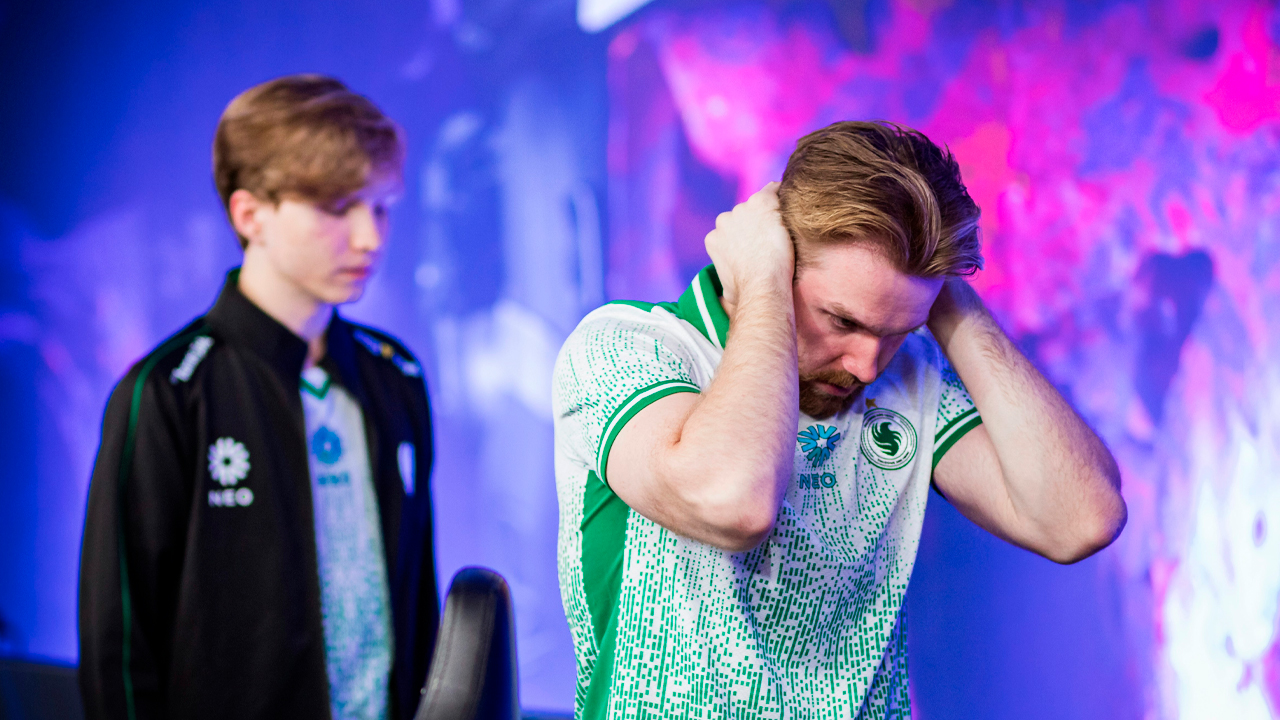
I say this as a permanent member of the NiKo fan club. I would put NiKo against any player in the world and be confident he could win. But when I watch NiKo play Counter-Strike right now, it doesn’t look like fun; it looks like hard work. The joy of playing seems to have left the room, and when that happens it can erode even players like NiKo and m0NESY. This is also what makes Counter-Strike such a great sport: if it were only a question of obtaining the best mechanics—reaction times and aim—it would be a much less interesting concept. The mental aspect of the game is important enough to propel tier-two teams to enormous runs at a Major and make generational talents look mediocre. That is why this whole topic fascinates me.
At the end of the day, I have no doubt that the Falcons example is both good and bad for testing this philosophy—bad because there are too many variables involved. Yet the concept works when we look at the teams that surprised us at the Major.
Ultimately, dear reader, I leave it up to you to judge. Did DevilWalk stretch into the fabric of the universe and extract some deeper truth in that hotel bar? If there is a truth built into the idea, how do you make it work in practice?
Final Reflections
Learning to unlearn—it has a nice ring to it. Like when the ancients claimed that the key to life is to die before you die. Maybe you have to unlearn before you can learn. Counter-Strike has taught us to expect the unexpected—another powerful lesson, in my opinion. Perhaps in the future we will look back and recognise DevilWalk for his contribution to the philosophy of Counter-Strike.





























